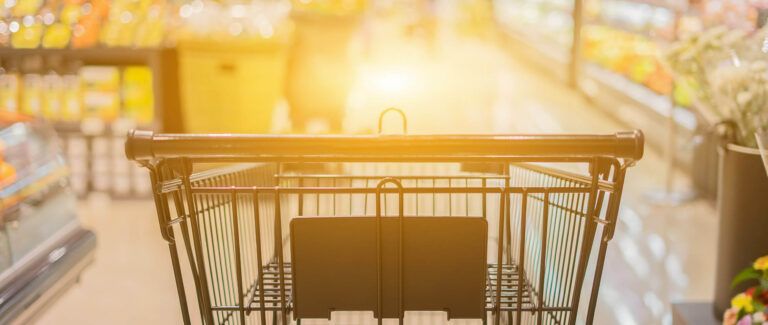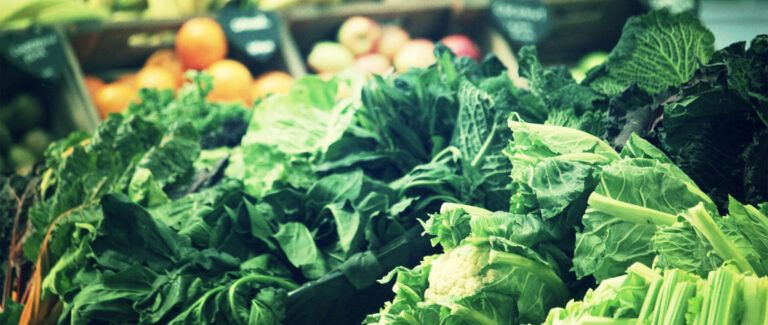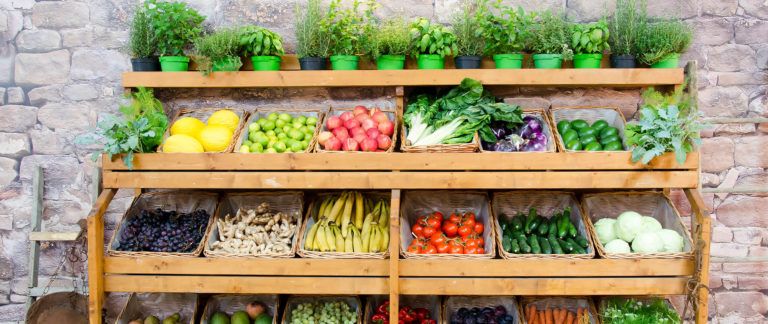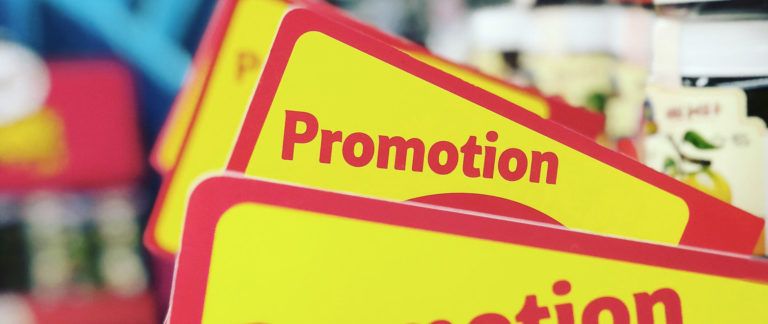Unified retail planning – Breaking out of retail’s functional silos
The biggest opportunity for increased operational efficiency in retail lies in building a unified planning process spanning retail’s core functions.
The biggest opportunity for increased operational efficiency in retail lies in building a unified planning process spanning retail’s core functions.

The COVID era has seen interesting innovations from companies responding to a rapidly changing business environment. Here are four interesting trends for grocery retailers to follow in the coming years.

In this Customer voice blog, Antti Kurhela, Supply Chain Manager at Wihuri, talks about how this foodservice operator was able to rapidly adjust to changing conditions while still reducing food waste in 2020.

What were the most significant differences between those retailers who managed to “just survive” 2020 and those who adapted quickly enough to regain solid footing and even capitalize on new opportunities?

Grocery retailers who are implementing an omnichannel strategy should use a transparent supply chain management solution that provides trustworthy, automated forecasts.

History has shown that with a little patience, retailers that take thoughtful risks can see positive results over the long term.

NRF Chapter 1 offered lessons learned from 2020 as well as a look to the next 12 months ahead. Here are our highlights from the event!

Incorporating AI into demand forecasting and inventory optimization can improve product availability, reduce waste, smooth the flow of goods and improve operational efficiency in distribution and in stores.

Omnichannel efficiency, adaptable supply chains, AI... We predict the retail trends for 2021.

Traditional and multichannel retailers can prepare for the next shift in customer behavior by taking advantage of the post-holiday period to begin reestablishing the in-person shopping patterns lost in 2020.

2020 is coming to an end, and our CEO Mikko takes a look back at the year's achievements, from new customers to first-ever Global Retail Summit.

Rapid change has put retail adaptability to the test, from the shift to omnichannel to a technological arms race to external shocks like extreme weather events and the COVID-19 pandemic.

Amazon is making inroads into the grocery space, and its significant investments and assets give the impression of being unbeatable. However, grocers have many advantages that they can leverage to successfully compete.

Retailers, analysts, and press from all over the world joined us as retail experts from RELEX and our customers led engaging sessions on the trends and best practices that are keeping retailers competitive.

We’ve pulled together some of our favorite resources on the topics that presenters will engage with throughout the RELEX Live sessions on September 23.

Retailers can bridge the gaps between their supply chain and merchandising teams using shared forecasts to improve markdown performance.

Pharmacy retailers can take advantage of a unified tech solution to ensure they can meet the rapidly changing demand during the coronavirus crisis.

A study finds two goals for companies to survive COVID-19: maintaining high availability, and preventing a bullwhip effect where an initial demand spike triggers too much ordering and production.

Welcome to RELEX Labs, our research engine at the core of our company working closely with our customers to develop the future of retail optimization.

Dark stores are a cost-effective way to shorten delivery times on online orders and give retailers the ability to make more strategic inventory choices by location.

In our June webinar, our retail advisors discussed what retailers can do now to manage the growing ecommerce side of their business and how to prepare for the future.

Now that the new phase of COVID-19 is starting with stores reopening and customer demand sifting retailers need to start thinking their markdown strategies.

During the coronavirus crisis many businesses saw an increase in online ordering. This trend won't go away once the crisis has passed - people are discovering the convenience of online ordering.

While retailers may have temporarily shifted to focus on managing online sales, it’s time to get ready for the fresh opportunities that returning foot traffic will bring.